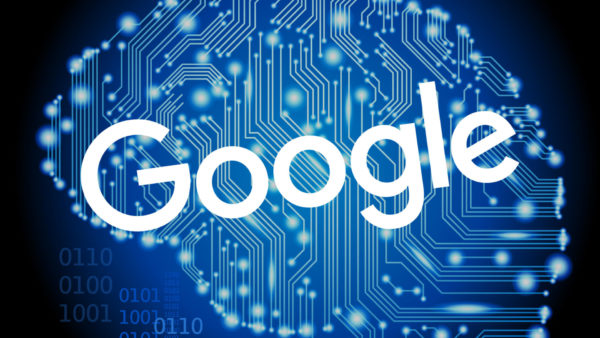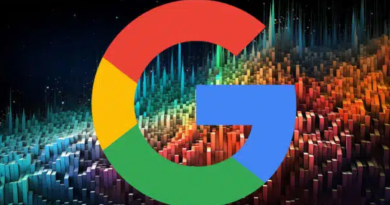Google: ‘Bard is not Search’
Google wants to be clear: Bard is separate from Search. Yet it has become synonymous with generative AI features coming soon to Search.
That’s according to Jack Krawczyk, the product lead for Bard, speaking during a Google all-hands meeting late last week, CNBC reported.
Why we care. Following a rushed introduction of Bard, there has been confusion within the search industry. Google is to blame for much of that confusion for the way it introduced Bard at the same time as it teased “AI-powered features” coming soon to search.
Why the confusion. Google’s introduction of Bard was rushed to upstage Microsoft’s introduction of the new Bing with ChatGPT integration the following day.
Google CEO Sundar Pichai’s blog post introducing Bard (An important next step on our AI journey) included images of ChatGPT-style responses to two search queries (“is piano or guitar easier to learn and how much practice does each need”; “what are the best constellations to look for when stargazing”).
 have been testing and improve Bard) are still also unclear about the difference between Search and Bard. One of the questions asked of Google leadership at the all-hands meeting was:
have been testing and improve Bard) are still also unclear about the difference between Search and Bard. One of the questions asked of Google leadership at the all-hands meeting was:
- “Bard and ChatGPT are large language models, not knowledge models. They are great at generating human-sounding text, they are not good at ensuring their text is fact-based. Why do we think the big first application should be Search, which at its heart is about finding true information?”
Krawczyk added to his “Bard is not search” response by adding “we can’t stop users from trying to use it like search.” From the CNBC report:
He said Google is still catering to people who want to use it for search, indicating that the company has built a new feature for internal use called “Search It.”
“We’re going to be trying to get better at generating the queries associated there, as well as relaying to users our confidence,” Krawczyk said. He added that users will see a tab that says “view other drafts,” which would point people away from search-like results.
“But as you want to get into more of the search-oriented journeys, we already have a product for that — it’s called search,” he said.



